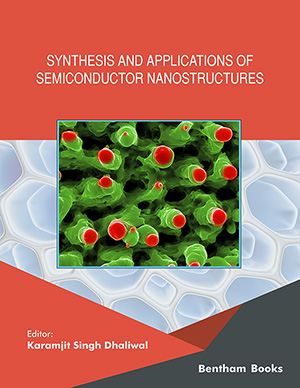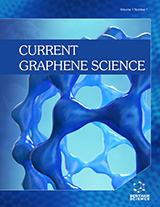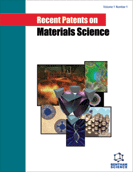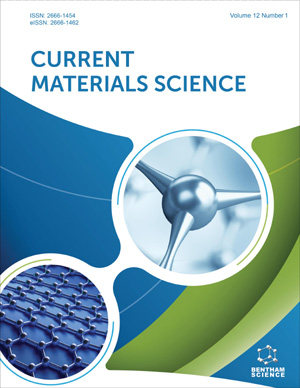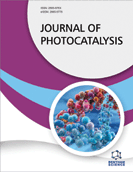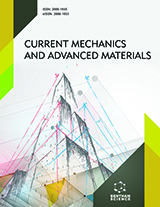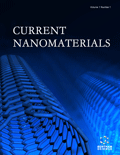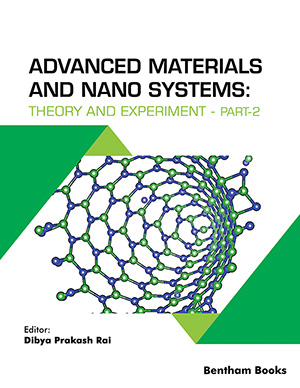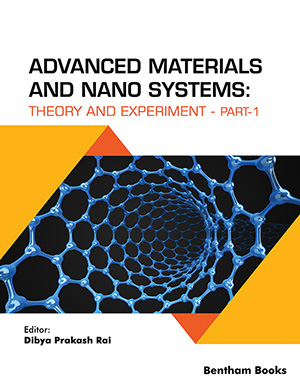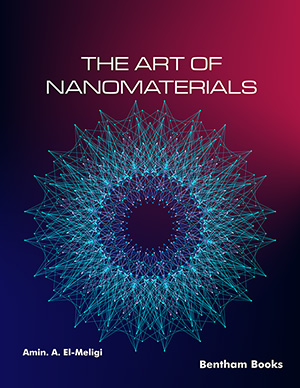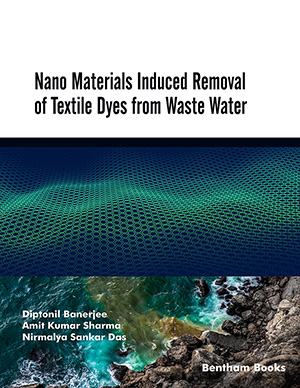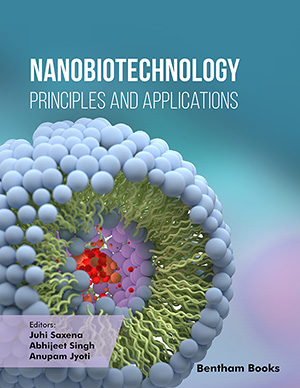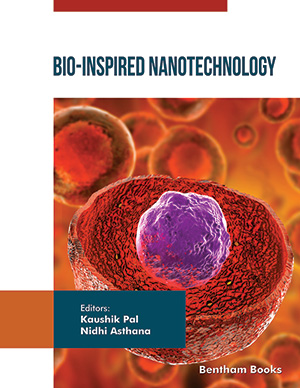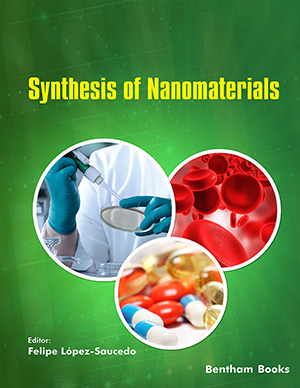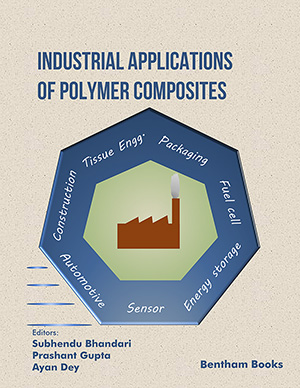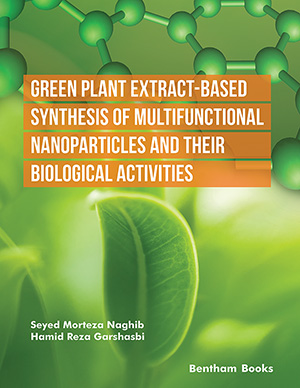Abstract
Metal-organic framework (MOF) is a class of materials, which is formed by
combining metal/inorganic and organic linkers, resulting in the formation of a
framework with high surface area and permanent porosity. The freedom to vary
inorganic and organic linkers stimulated the synthesis of thousands of MOF structures,
for their utility in various applications. The presence of high porosity, high surface area
and high free volume made these materials a perfect choice among the class of solid
adsorbents. The metal nodes, tunable pore, versatile structure and functionalized
surface allow various types of chemical interactions, viz. electrostatic interactions, π
complexation, H-bonding, coordination bonding, van der Waals interactions,
hydrophobic/hydrophilic interactions. All these features made MOF a customizable
material to be utilized for targeted applications. This chapter involves a discussion
about the usage of versatile MOFs in smart applications, such as gas storage, gas
separation and drug delivery, along with a brief discussion about the synthesis of
MOFs.
Keywords: Alkane separation, Carbon dioxide storage, Drug delivery, Gas storage, Gas separation, Hydrogen storage, Methane storage, Molecular building approach, Membrane, Nano synthesis, Porous coordination framework, Reticular chemistry, Toxic gas storage.


